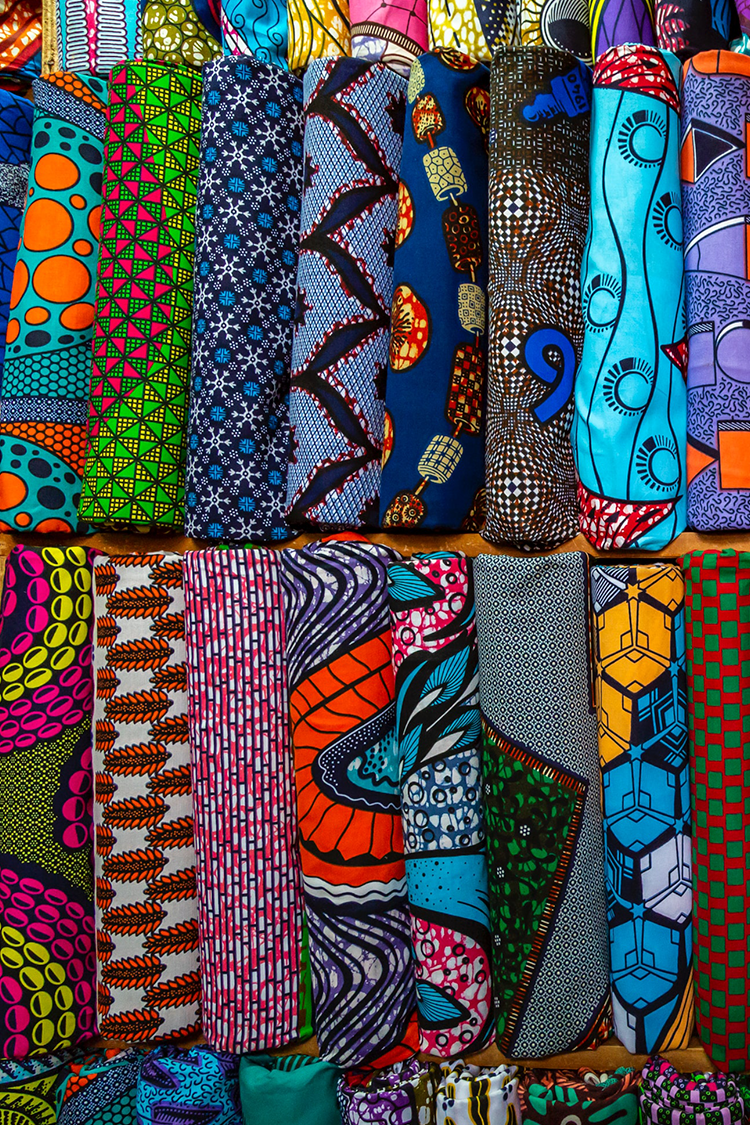In some of the most beautiful and remote corners of Africa we often find courageous women who, via hotels, restaurants, handicrafts, and other tourism-related businesses, have found necessary tools to improve not only their own lives, but also those of their communities.
Their testimony and example serve as inspiration for other women interested in undertaking new projects with a positive impact on their environment and community.
At Santander BEST Africa, we offer technical and economic support to help respond to the challenges and obstacles that these entrepreneurs face in order to maintain or boost their projects in the tourism sector, which has been hard hit by the social and economic impact of the coronavirus pandemic.
Below, you can read the stories of some of the women entrepreneurs supported by this programme.
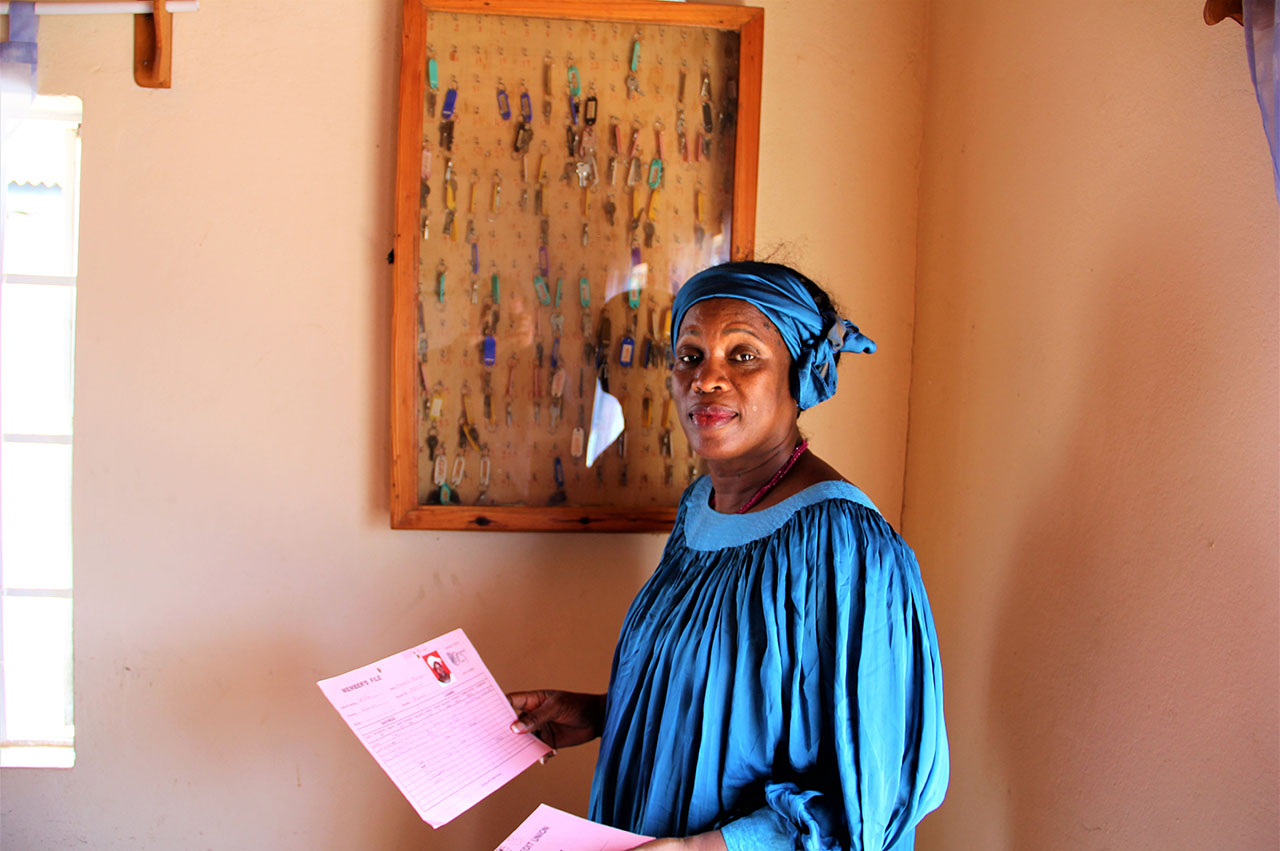
Fatou Janah Mboob. Gambia
Thanks to the TRY Women’s Oyster Harvesting Association, Fatou Janah Mboob has revolutionised the working conditions of a collective who, until recently, were the last social stratum of the Gambian society, the oyster gatherers of the Gambia river.
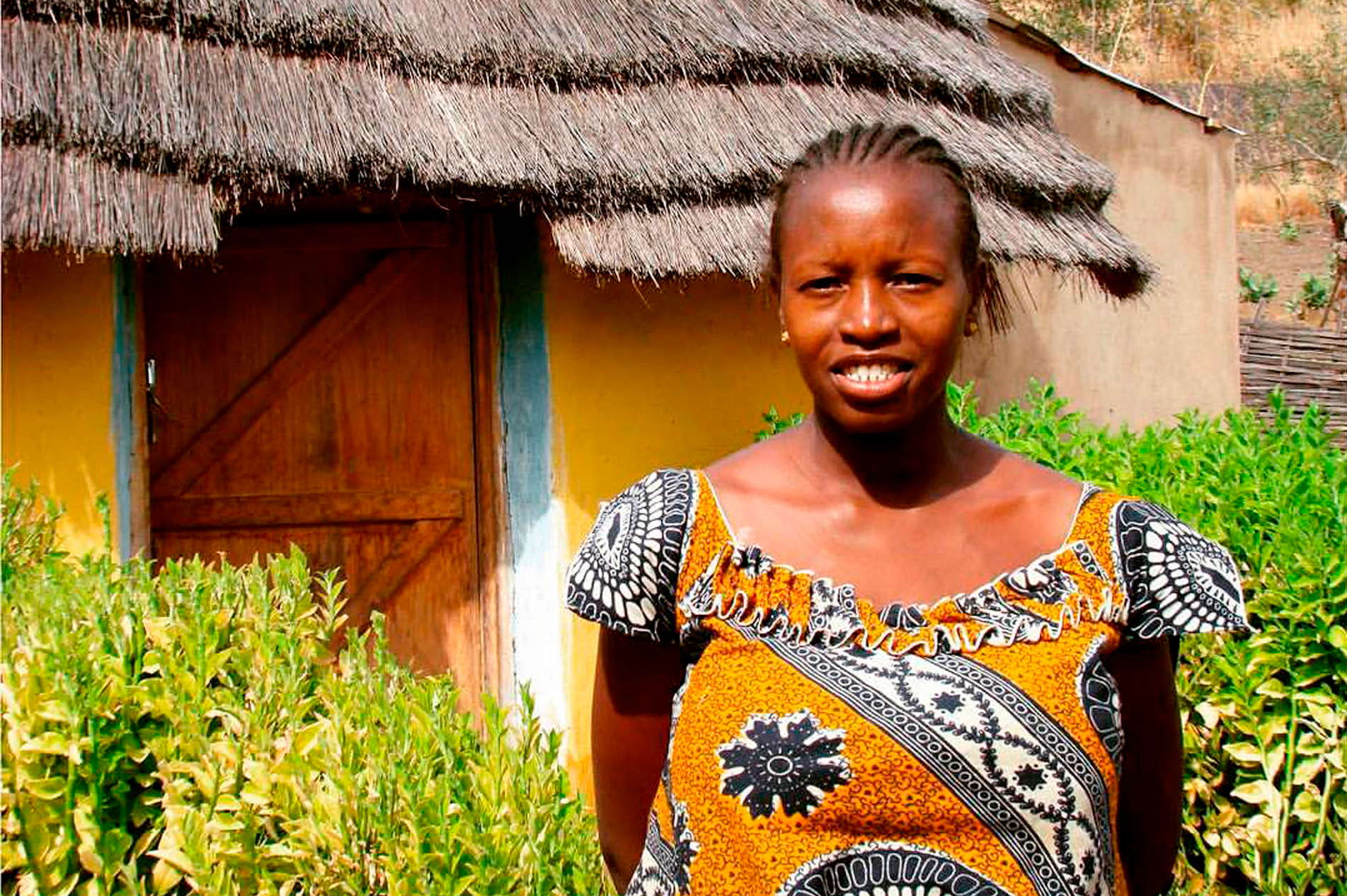
Leontine Keita. Senegal
At the heart of the Bassari Country, in Senegal, this young Bedik mother manages a rural camp, Chez Leontine, comprised of 8 rustic huts and a dining hall. Leontine is also the promotor of a cooperative of flour producers in her native town.

Ida Cham . Gambia
As a tourism consultant and entrepreneur, for many years, Ida Cham has been the Chair of the Association of Small Scale Enterprises in Responsible Tourism in Gambia. She is recognised as being one of the top 100 African entrepreneurs of the year 2018.
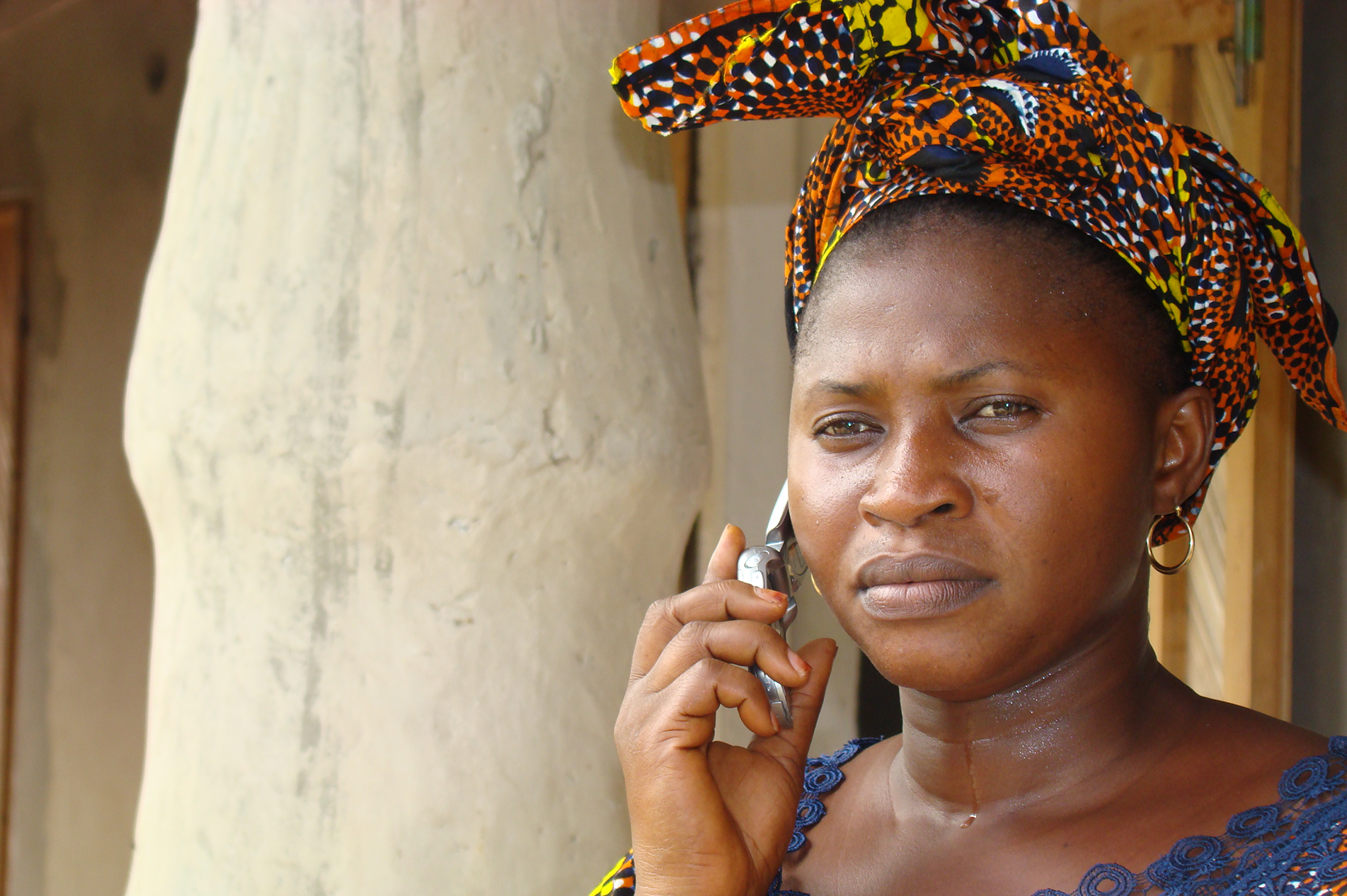
Elisabeth Diouf. Senegal
In the year 2000, Elisabeth opened a touristic accommodation named “Emanaye” in the Casamance region, as she was fully aware of the experience of other camps managed by the communities themselves.
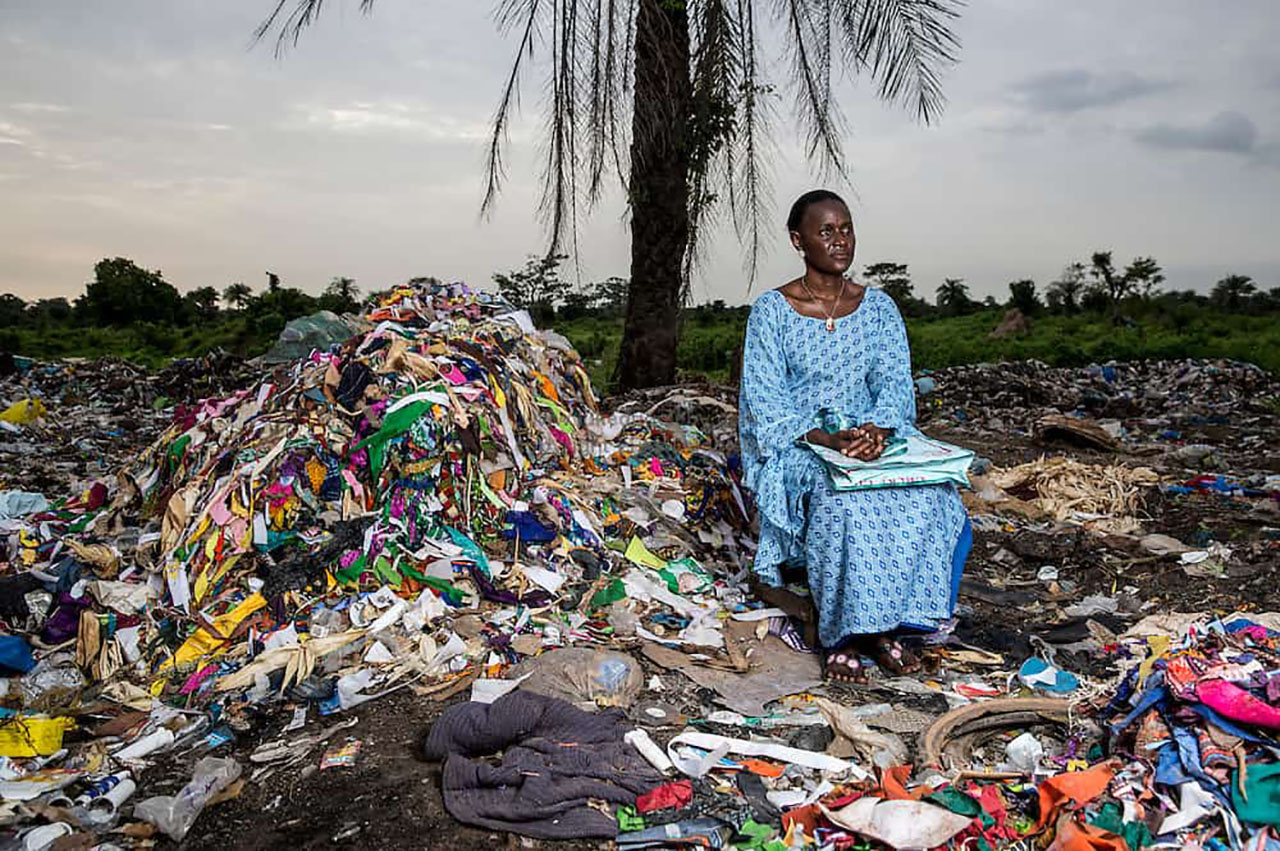
Isatou Ceesay. Gambia
In 1997 Isatou Ceesay and four other women created the N´Jau Recycling Center in their home village. Its main objective was to raise awareness about the importance of doing something with the plastic waste that was piling up in the community.

Matty Mbengue. Senegal
Matty is a woman who dreamed of bringing her natural cosmetics project to life. For this she prepared and trained, with the help of Anne Catherine Beye, pharmacist, founder and owner of the hotel school La Source aux Lamantins in which Matty worked for some years as director, becoming an example for many young women who today dream of opening your own business.

Mariama Sonko. Senegal
Mariama was born in a small town in Senegal. Daughter of farmers, she learned from her parents how to cultivate and talk to the land. Since 2011, she has participated in the creation of the “Nous Sommes la Solution” (We are the Solution) movement, to protect peasant women, raising awareness in the community, institutions and men of the need to protect the cultivation of their lands.

